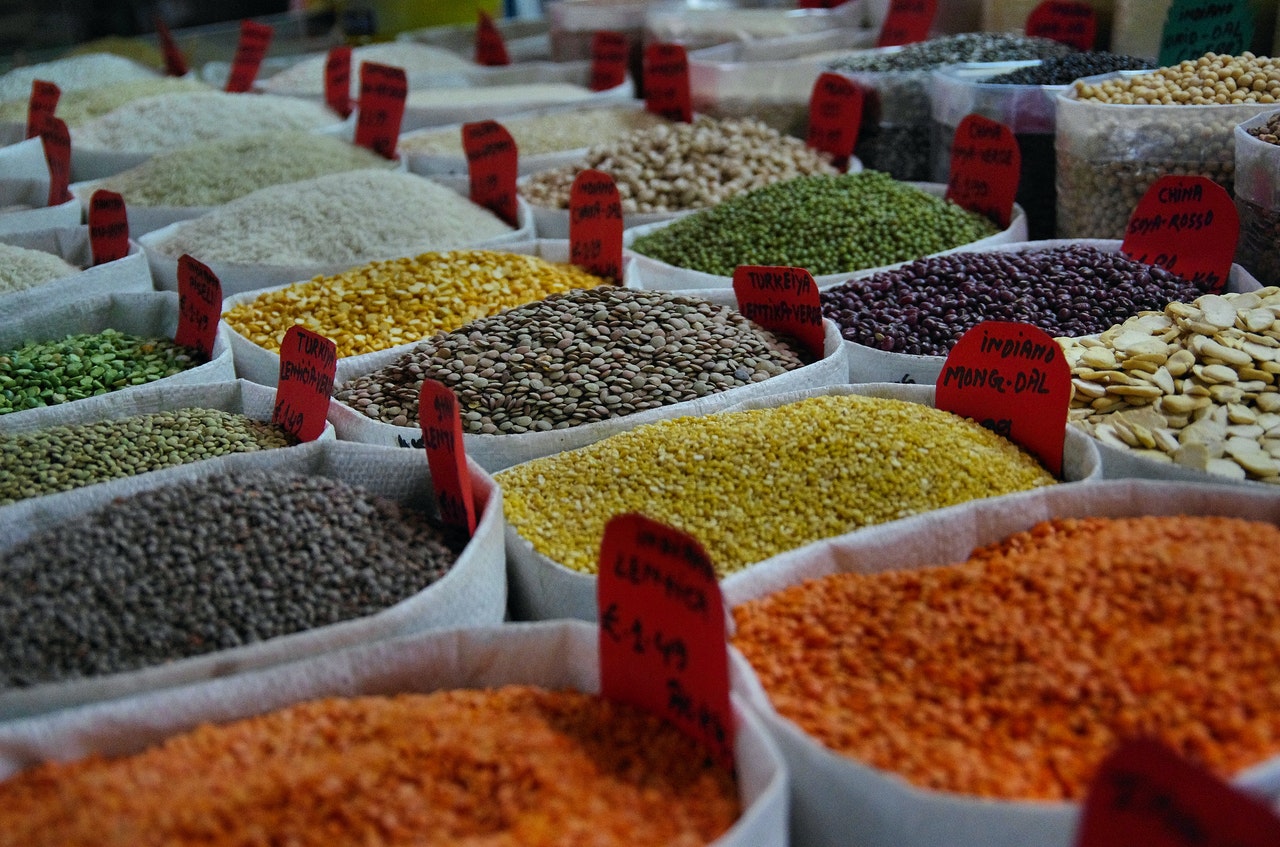Dogs are known for eating various food items, despite being descended from obligate carnivores (wolves). Potatoes, beans, and lentils are commonplace ingredients in many dog food brands, too. But can dogs eat beans? Can dogs have beans safely, with minimal or no impact on their health? These are the fundamental questions that this blog will tackle.
Can Dog Eat Beans?
Yes, dogs can safely consume beans. Beans can also be added to a dog’s daily diet without creating complications in its health. Green beans are mainly suitable for dogs and are commonplace ingredients in many types and brands of dog food. Beans are suitable for dogs because of the protein and fiber content. Fiber is something that all mammals need to some extent.
Fiber helps absorb toxins and moisture in the colon and helps soften stools for a more effortless bowel movement. Dogs and humans alike need a certain quantity of fiber in their diets to improve bowel movement. Even wild dogs eat berries and grass sometimes to get a bit of fiber, which, as we said, is necessary for a healthier digestive system.
What beans are suitable for dogs?
Different beans can be safely consumed by dogs, provided that they are cooked before being mixed with regular dog food. Among these beans are soybeans, black beans, edamame, navy beans, kidney beans, pinto beans, and garbanzo beans.
Are beans suitable for dogs?
Beans can be useful for dogs if the diet designed for them is balanced. We must remember that dogs thrive best on a diet that is mostly animal protein despite being omnivores. Their ancestry, which traces itself back to the giant wolves, means they feed on other animals’ protein.
This is why it’s terrifying, to say the least, some people place their pet dogs on vegetarian diets. Giving domestic dogs the wrong kind of food can cause health problems that will affect canines in the long term if not corrected.
Are beans bad for dogs?
If we look at the nutritional needs of dogs and the protein that they need, we can say that plant protein from all kinds of safe beans are inferior to animal protein. By inferior, we mean that we cannot feed dogs beans exclusively.
Plant proteins do not possess some of the vital amino acids that dogs need to grow and develop. We cannot replicate the same array of amino acids by merely combining different kinds of vegetables.
Additionally, vegetables should only comprise ten percent (this is the maximum) of a dog’s daily diet. So if you were thinking of shifting a dog to say, fifty percent beans in its diet, that shouldn’t be the case.
Dogs that are feed mostly vegetables no matter how high the protein content will become malnourished. This is a huge problem, especially if you take care of a big dog or senior dog.
Big dogs need plenty of protein to thrive because they have a more massive organic machine to take care of. Senior dogs, on the other hand, can’t digest other kinds of food properly, and you may end up having to take care of a senior dog with digestive issues.
Can dogs eat white northern beans?
Yes, white northern beans are safe for canine consumption. There are two variants of the white bean, and the second variant, which is called the cannellini, is also safe for dogs and other small mammals. However, always keep in mind that dogs would only be able to consume beans safely if the said beans have been cooked properly.
Can dogs eat canned beans?
Canned beans are a type of cooked beans, so they should be generally safe for canine consumption. If you want to take this one notch higher, take a look at the ingredients and compare them with the kinds of beans that are marked unsafe for dogs.
Can you use beans to improve a dog’s weight?
Dog weight loss is a tricky endeavor because animals are persistent in their appetite and craving for more food. If you have an overweight dog at home, you can try adding more green beans to its diet to reduce weight. Many dog owners start with replacing ten percent of the entire meal, and eventually, it goes up to fifty percent. Take note that this is a particular application of a food supplement and should not be done for the dog’s remaining lifetime.
We also recommend consulting with a veterinarian before doing this because your dog needs to get a check-up first before going into a stricter diet.
Changes in a dog’s diet can also trigger some medical conditions, and your vet would know what to do with your pet.
When the desired weight has been attained, a gradual adjustment will occur, and the protein mixture in the food would return to about 90% animal protein and 10% of supplements like vegetables (not just beans).
Vets also recommend combining a diet with additional physical activity throughout the day to speed up the weight loss process. Luckily, dogs can adapt to a new diet and exercise routine quickly.
What Beans Are Bad for Dogs?
- Fava beans – Also called broad beans, fava beans are considered toxic to dogs because of the PHA content. PHA is toxic to canines.
- Chili beans – The beans used in creating chili beans are fine, but the other ingredients like onions and garlic are not suitable for canines. These other ingredients can cause symptoms to emerge. Additionally, spices that are commonly added to chili beans can cause digestive unrest, too.
- Coffee beans – Coffee beans are a type of beans, but they are not fed to any small mammal. Caffeine is also a toxin.
- Red beans – are considered safe, but red beans can also cause health problems in their raw state.

